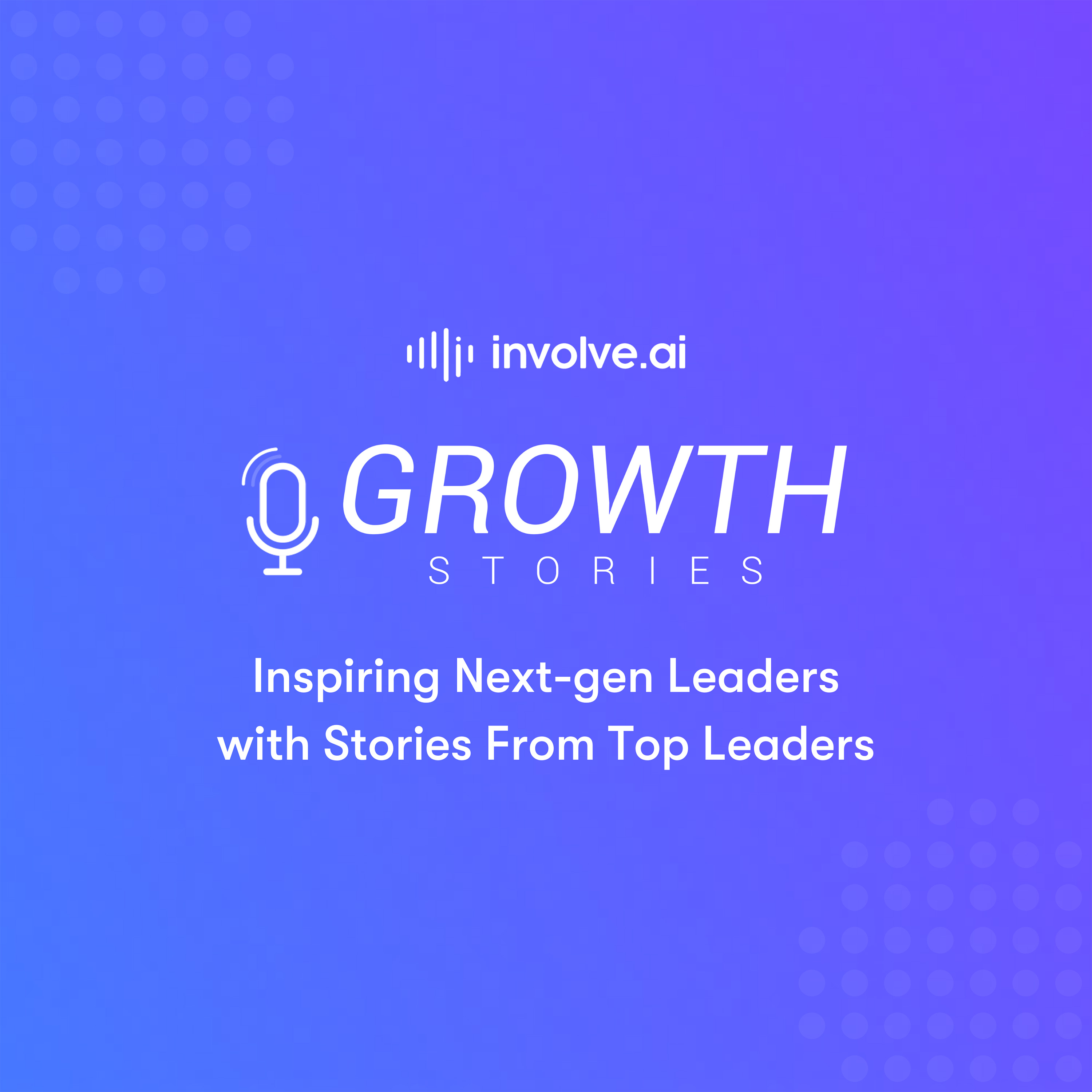As an involve.ai Account Manager, I partner with a number of CS leaders (probably many of you reading this!) who fully understand Customer Intelligence and the promise of unified data, accurate health scores, and data-driven recommendations.
But, for those of us who are end users of the platform – CSMs, Account Managers, Support reps, and more – the “data-driven” piece can require a pretty significant shift in perspective.
CSMs and Account managers are used to knowing our customers well, tracking needs, sentiments, and changes in the business model. We are used to reporting concerns and pulling in team members who can help address those concerns. We are NOT used to a robot glancing at our customers’ data and telling us who’s struggling, adopting, achieving, and more, sometimes coming up with health scores that are at odds with our own personal feelings about those accounts.
This is where I’ve begun to regularly coach end users of our product to Let the data tell the story.
CS teams’ insight into customer health is invaluable, but biased.
Consider this:
Imagine you are a CSM at a B2B company and have a close relationship with 1-2 individuals. Maybe you click with those individuals: you talk about travel, or kids, or favorite cereals before getting down to business. The work itself goes well, they report favorably about your product, and they even serve as a reference. In my mind, I’d be thinking “this customer is on the path to upsell.” Then, they churn.
Data isn’t influenced by bias. With a unified view of data, you might come away from a positive call with this customer and check them out in involve.ai, and see a health score in the mid-50s! Perhaps the data shows that for a customer of its size, tenure, use cases, and revenue, this particular company is significantly underusing your product and its end users are reporting a high number of high severity tickets. Perhaps, while you are coming away from a call feeling positive because of your good relationship with your key contact, you are undercounting a line or two indicative of a negative sentiment held by the decision maker.
I am frequently surprised by some of the AI-powered Suggestions delivered by involve.ai. Sometimes I do use my judgment and decide to disregard them, but sometimes I give them consideration and realize I need to take action early to prevent a downturn in health.
AI isn’t always right either!
Letting data tell the story doesn’t mean blindly accepting everything our AI says either. Machine learning models learn not only from actual versus predicted outcomes, but also from feedback. Letting data tell the story means recognizing that our instincts as humans are biased, doing a double-take when AI suggests something different than what we were thinking, and then taking fully-informed actions.
As CSMs, AMs, Support reps and more, we only see part of the picture. With data, we can get the full story.
No story lives unless someone is willing to listen…
Like most stories, the story of your data will evolve over time. New narrators will revise previous chapters as they work to develop a sequel. But in the end, the audience will always play the most important role. Because without them, it’s impossible to know if the story of your data is one worth telling.

